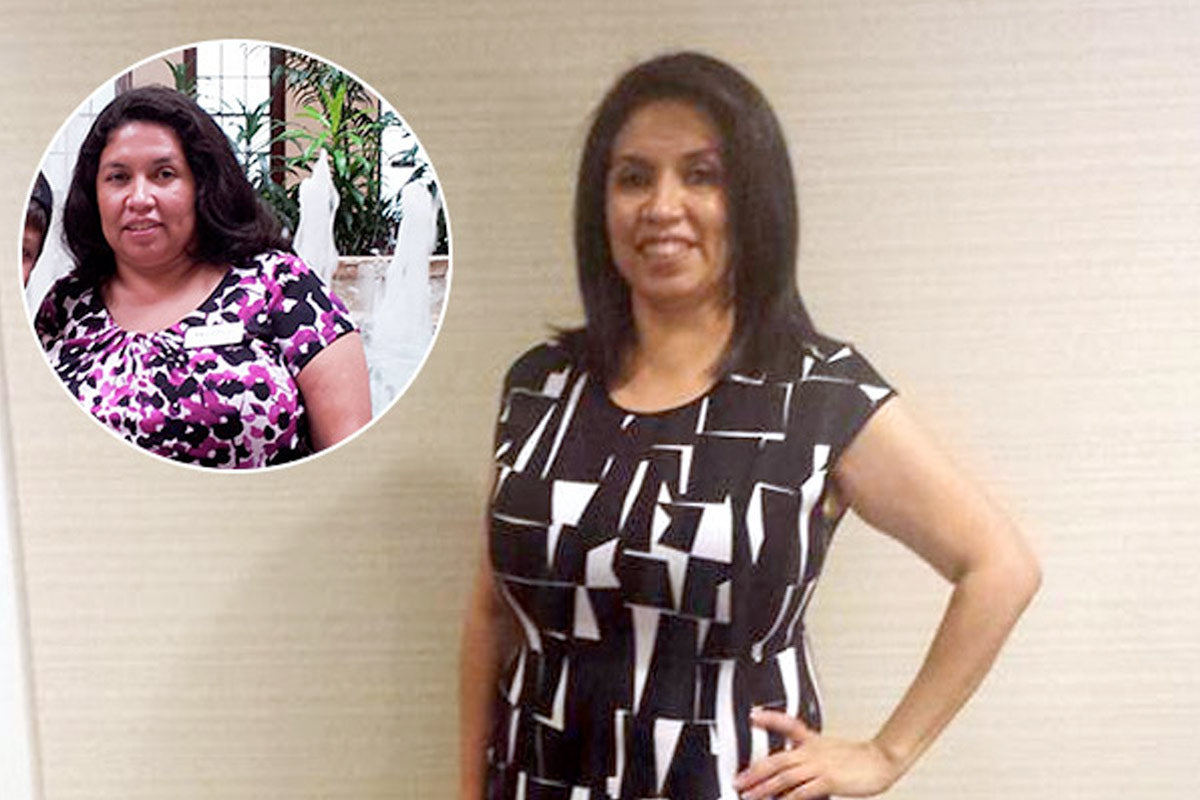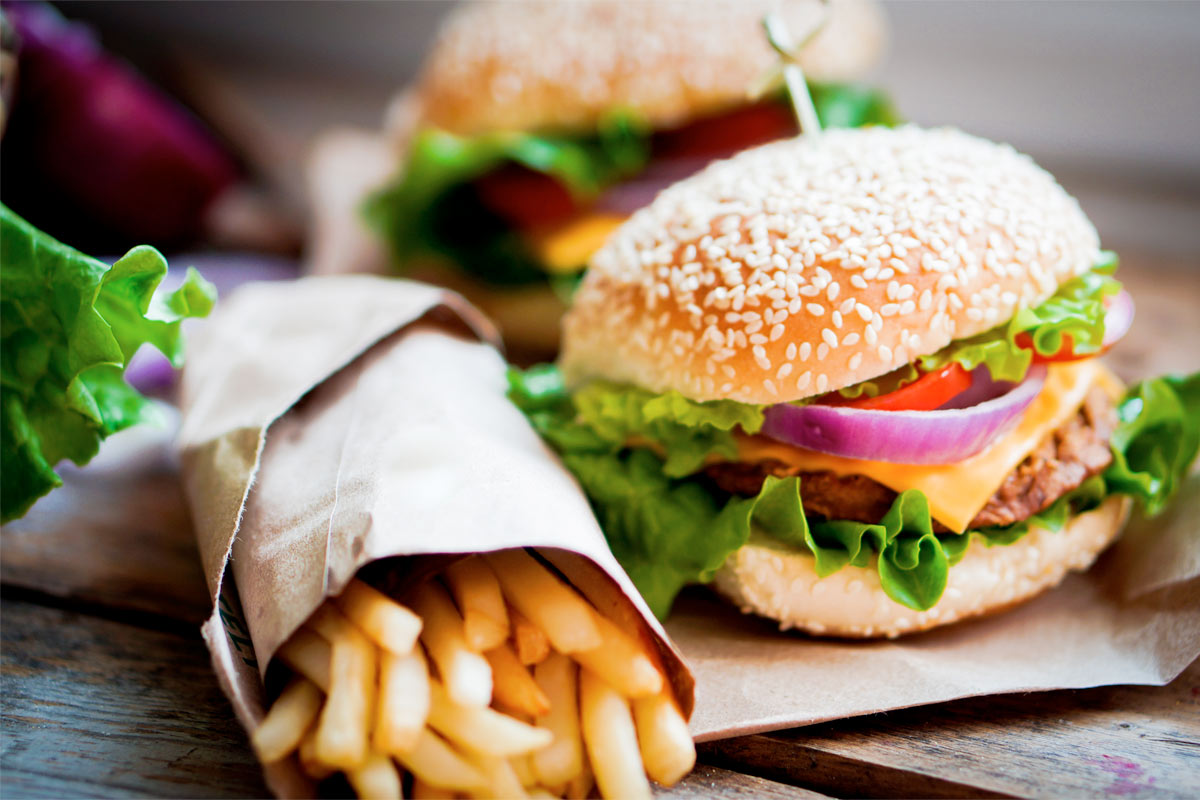Our food system was once a simple, and beautiful, process. The days of farming antibiotic free animals and fishing in the ocean, instead of raising salmon in a farm, are not the normal practice anymore. With the changes in our food system, there are 7 critical things you MUST know to be a wise consumer in the supermarket today.
1. The food industry is vast
The U.S. spends $1.5 trillion a year on food! Our food system is HUGE.
2. Corn is the foundation
In 2014, the U.S. processed 800 billion pounds of corn! It's the basis of much of our food as it goes into animal feed, high-fructose corn syrup, cereal, starch and some alcohol. So if you're eating meat and cereal or drinking soda, there's a good chance it all started with corn.
3. The industry has a fat wallet and lots of influence
Food companies and their lobbying groups have A LOT to say when it comes to new food regulations. For example, when the FDA moved to ban the use of poultry litter (that is, chicken poop) in cattle feed to prevent Mad Cow Disease in 2004, the industry argued that science didn't justify the ban. Four years later, the FDA decided the regulation was NOT necessary, saying it addressed the issue in other ways.
4. Critics say there should be more food testing
Mansour Samadpour runs IEH Laboratories, which is one of the largest private food testing facilities in the nation. Companies hire him to test their food and make sure it's safe for the consumer.
Mansour believes much of the current testing is too infrequent and small in scale. "We call that faith-based food safety," he says.
Why do companies resist more testing? If more was done at the retail level, it would "always result in recalls," Samadpour says, because they find pathogens in the food so often.
5. The environment is not the main priority
The aim of the food industry is having food at our fingertips -- available anytime, anywhere. But we use a lot of resources to make that happen.
For example, when California was facing a historic drought this last summer, it was still very green in the Salinas Valley. Agriculture in the state still used 40% of the water supply, while CA dwellers had to limit their personal water use to miniscule amounts.
6. Neither is your health
Americans are spending less money on food than ever before, but they are spending more on health care. What if you made the decision to spend more on grass-fed meat, omega-enriched eggs and organic produce? What do you think would happen to your health (and expenditure on health care expenses)?
You chose to fuel your body. Why not select quality?
 7. Companies adapt to consumer demands
Our food system adapts to the consumers' demands. If you want healthier foods, make the daily decision to purchase foods that support those farmers.
For the full story, check out this link.
7. Companies adapt to consumer demands
Our food system adapts to the consumers' demands. If you want healthier foods, make the daily decision to purchase foods that support those farmers.
For the full story, check out this link.
 7. Companies adapt to consumer demands
Our food system adapts to the consumers' demands. If you want healthier foods, make the daily decision to purchase foods that support those farmers.
For the full story, check out this link.
7. Companies adapt to consumer demands
Our food system adapts to the consumers' demands. If you want healthier foods, make the daily decision to purchase foods that support those farmers.
For the full story, check out this link.


